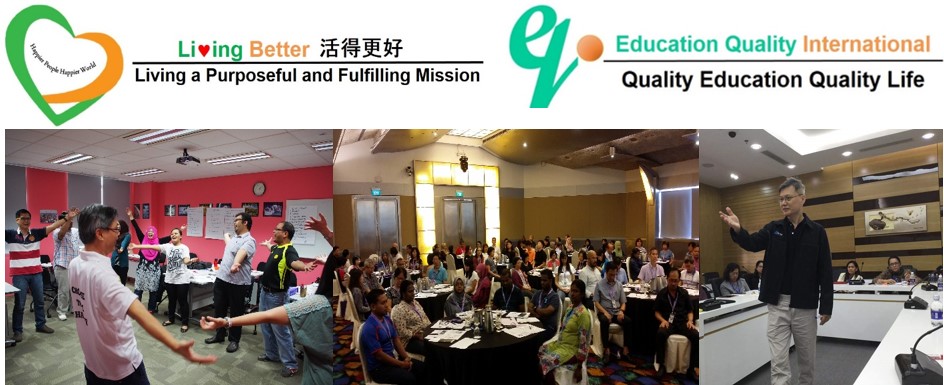The 6Ps Model provides a holistic and integrated approach to manage the quality of educational programme in higher education. It begins with the environmental scanning of external factors, an analysis of stakeholders' needs and internal capabilities and resources of the university with the objective of determining the “Purpose” in satisfying stakeholders satisfaction and outcomes.
The facilitators and learners are the “People” at the centre of the process. The facilitators comprises both content and context experts. The content experts need to consider the characteristics of the learners so that relevant programme and place can be created for effective teaching and learning. While the context experts provide services to support the teaching and learning.
The “Programme” needs to be developed with the “purpose” and “people” in mind. Learning outcomes, curriculum, teaching and learning strategies and assessment have to be constructively aligned for effective learning and the achievement of the learning outcomes.
The “Place” provides the relevant learning space (physical and virtual), learning environment (social and psychological) and learning resources (materials, technology, etc.) to facilitate effective teaching and learning.
The “Process” encompasses internal and external quality assurance, evaluation and feedback, benchmarking, continuous improvement and review.
The last "P" is "Promotion" which involves the marketing, branding, pricing and advertising of a programme.

